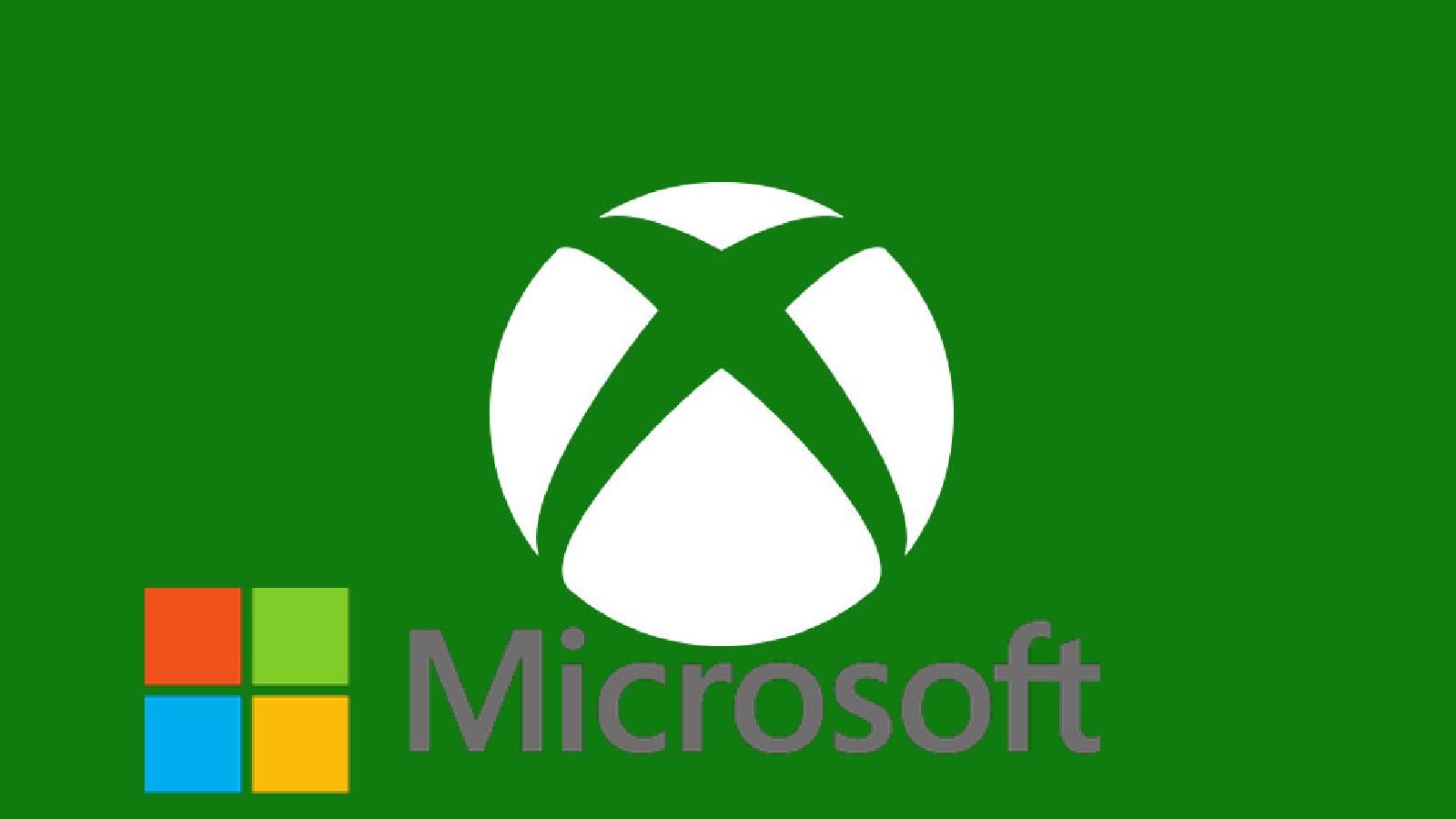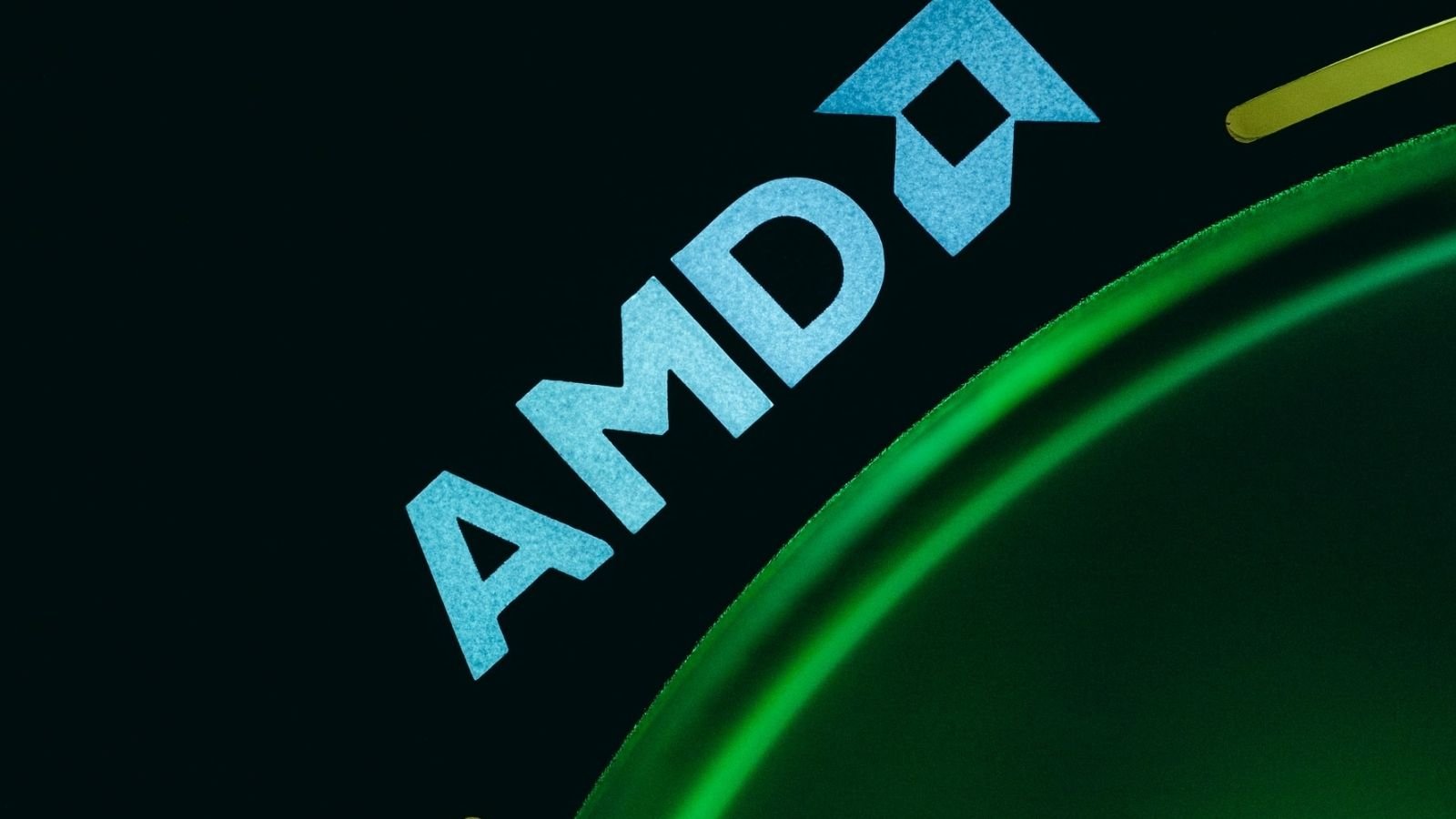Table of Contents
Highlights
- Microsoft confirms ongoing work on the next-gen Xbox, countering cancellation rumors.
- A strong AMD partnership reinforces Microsoft’s commitment to future gaming hardware.
- The next-generation Xbox may balance cloud streaming, Game Pass, and console innovation.
Early in October 2025, there seems to be a rush of headlines and forum threads indicating that Microsoft has quietly slipped out of production on a next-generation Xbox console. The rumours spread quickly: social news feeds filled with speculation, gaming websites running pieces, and even mainstream media picking up the story. The rumour grew loud enough that Microsoft was compelled to react publicly.

How It All Began
The tale started with an insider post that asserted new Xbox hardware plans were suddenly “up in the air.” Gaming communities online that are passionate about the subject tend to treat this type of post like wildfire: a controversial declaration such as this, coming from an already established handle, is copied, reshared, and boiled down into bite-sized pieces that are easier for casual readers to consume.
In this case, the original post by SneakersSO on NeoGAF indicated towards internal confusion within Microsoft regarding whether, and when, to proceed with a physical follow-up to the current generation of consoles. This subject in general speaks to a couple of broader trends in the business, namely the subscription models such as Game Pass. investment in cloud streaming, and the considerable expenses that make up the development of a console.
Once mainstream sites carried the “console shelved” hook, the story caught people who would not otherwise read forum posts, which put pressure on Microsoft to react.
What Microsoft Said
Microsoft’s response to the entire situation was brief and diplomatic. The firm pushed back against the claim that it had cancelled its future consoles entirely, explaining that it is “actively investing in our future first-party consoles and devices designed, engineered and built by Xbox.” That explanation did not mention a release date, technical specifications, or product name, but it did make the fundamental point: the development of the next-generation Xbox has not been halted.

The wording of the statement matters as well; it dismisses an unconditional cancellation while leaving a lot of scope for tinkering with timing, order of importance, and product form. That is to say, Microsoft debunked the speculation that it had abandoned hardware, but was not obligated to say that it would outright introduce a new console anytime soon.
Why Microsoft pointed to AMD
When a firm puts out a denial such as this, it usually provides a concrete data point to support it. Microsoft pointed to a strategic relationship with AMD, revealed earlier this year, which spoke of joint activity around silicon for a wide spectrum of devices, including next-generation hardware. This is a significant detail as chip deals are no trivial matter.
Development of custom processors or co-development of an APU requires serious time, money, and engineering coordination. Referencing an ongoing multi-year deal with a chipmaker indicated that Microsoft still has material investments locked up in hardware development, and that technical projects are in the works, which would be odd to continue if the company intended to drop consoles entirely.
The dynamics can certainly be confusing with corporate messaging, insider leaks, and technical partnerships all taking different languages. An argument from a forum post can seize a moment, but it can be incorrect, old, or even misleading. Microsoft’s public stance that it is “actively investing” in upcoming hardware is an explicit push back against the most extreme interpretation of the leak, a complete cancellation, but it is not a statement confirming a new product.

The mention of AMD by the company is a more significant indication that hardware work, at least, has taken place to some extent; few companies go into deep chip design collaborations if they are willing to see the product through. Nevertheless, these types of collaborations also permit a wide range of outcomes: completed consumer products, prototypes that contribute to hybrid hardware, or long-term R&D leading to future plans without a near-term product release.
What We Still Do Not Know
Despite the denial and the AMD connect, a few key pieces are still missing. Microsoft did not issue a timeline or specifically mention any devices, so there is no news on when, or if, the next Xbox will come out. The original forum post hinted at internal doubts, but the nature of those doubts is unclear: were they about scheduling, cost, priorities, or a strategic shift toward software and cloud services?
Forum leak posts do not usually come with context or documentary proof, so they can be partial or misleading. Until Microsoft releases a product roadmap or AMD and Microsoft make more public announcements, timings, and the specific form of any new Xbox are still speculations.
The Practical Takeaway

For the majority of gamers, the short-term concern that Microsoft has simply cancelled its future consoles appears unlikely, given the company’s reaction and its partnership with AMD. What is more likely is that Microsoft is considering options, splitting investments between cloud streaming, hardware, and Game Pass-style services, and making decisions on when and how a next-generation device would make business sense. That level of internal discussion is natural for big tech companies operating in a market where hardware is costly to produce and cloud services are becoming more significant.
